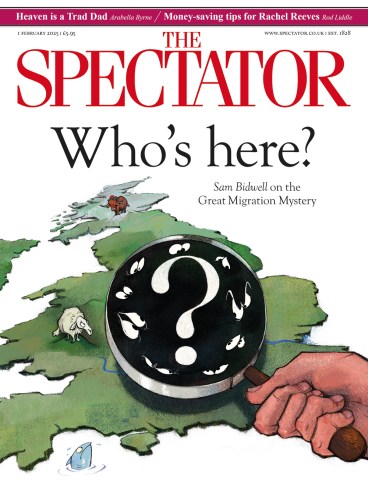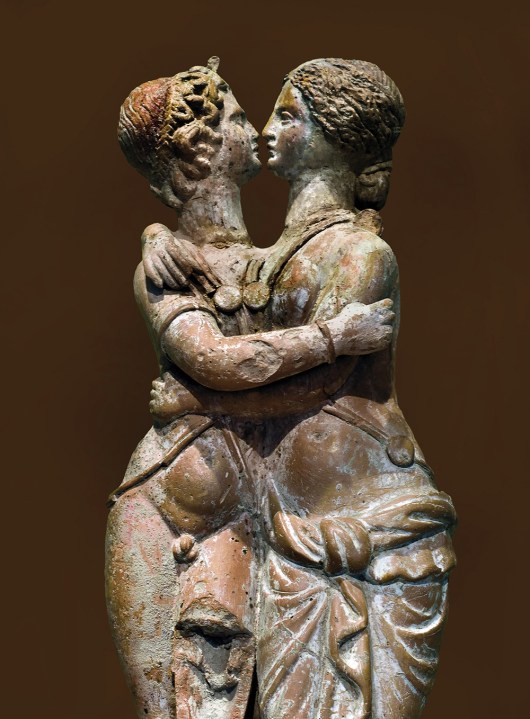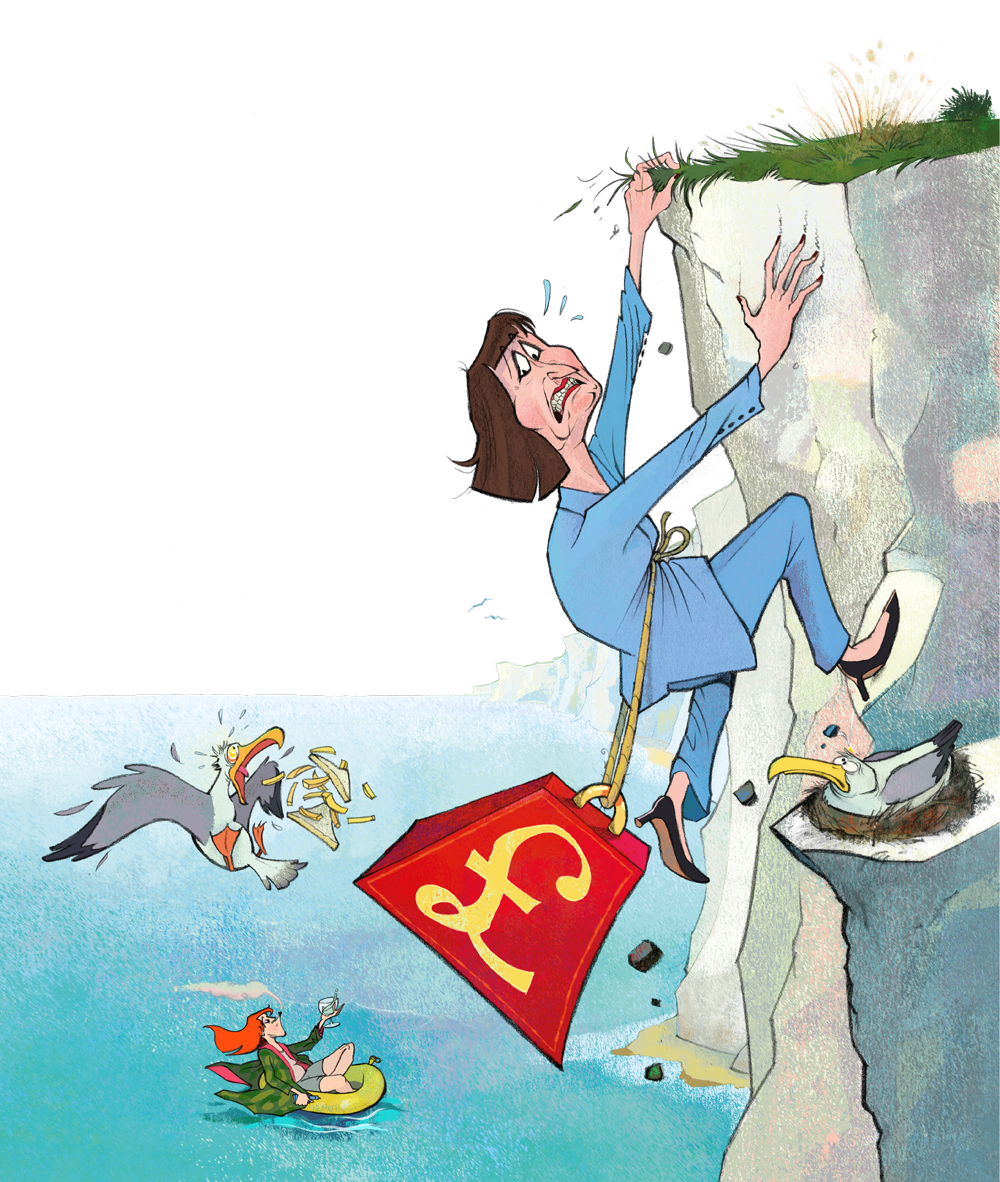
Who would you invite to your ideal dinner party? Plato answered that question centuries ago with his sublime Symposium, a gripping, novel-like account of a gathering of Athenian notables, which is also a powerful philosophical exploration of the force of Eros, or love. We know that the feast is supposed to have taken place in 416 BC since its host, Agathon, has just won a prize for one of his tragedies. We also know that the setting is, alas, imaginary, since Plato makes sure to distance himself from the account by having Apollodorus tell the story to his friends some 16 years later, having heard it from an acquaintance.
Instead of boozing it up again, Agathon’s hungover guests decide to discuss the burning issue of Eros
Armand D’Angour has translated selections of the Symposium into idiomatic, immensely readable English. He briefly introduces the historical background, pointing out the essential nature of love (and death) in Greek literature, from the capture of Helen by Paris, through the lyrics of Sappho, and the consequences of love in the tragedies. But nowhere is love’s moral and ethical nature discussed, and that is the Symposium’s lasting achievement.
At Agathon’s house, the guests are hungover, having caroused over their host’s win the night before. Agathon has invited Aristophanes, the comedian (who suffers a fit of hiccups: classic Aristophanes); Socrates, the philosopher, who can drink anyone under the table and not display the effects; Pausanias, Agathon’s lover; and Alcibiades, the dashing, complex soldier-politician, who crashes in drunkenly later on. There’s also a doctor and a handful of other guests (though no women, since Athenian symposia excluded women, except courtesans and musicians, naturally).
Instead of boozing it up again, the gathered legends decide to discuss the burning question of Eros. It is seen as the mainspring of noble deeds; as a universal, harmonising force; and, memorably, in Aristophanes’s comic account, as a way of finding your other half. Literally: Aristophanes says that humans used to be two-bodied and rotund. Some were male/male and some male/female,
and when it broke into a run it would revolve rapidly round and round using what were then its eight limbs, the way acrobats fling their legs up and round when they do cartwheels.
Zeus split them up into two parts, and that’s why we spend our lives searching to be reunited with our lost halves.
Socrates expounds on love as a means towards the universal idea (or form) of love, and thus to transcendence, which he tells the dinner companions he learned from a woman called Diotima. D’Angour has written a book about Socrates’s relationship with Aspasia, a highly educated lady who lived with Pericles, and he highlights her contribution to the philosopher’s metaphysical thinking. (Diotima means ‘honoured by Zeus’. Zeus was a nickname given to Pericles. D’Angour argues that it’s code for Aspasia.) Alcibiades touchingly ends the work by informing us (hilariously) that Socrates refused his sexual advances, despite Alcibiades’s gorgeousness. Thus the philosopher himself provides an exemplum of pure, unconditional love.
The nuances of the different characters’ tones are beautifully captured. Eryximachus, the doctor, sounds careful and scientific: ‘Our bodily nature demonstrates Love’s duality in the following way…’ Agathon is ornate and rhetorical; Socrates is as reasoned and wise as one believes he was. And the glamorous Alcibiades is chatty and intimate: ‘If I were sober, you wouldn’t catch me telling you this next part, even if the slaves weren’t here listening.’
You can picture them as if they were dining in the next room. This book distills the essence of Plato and is a delight for readers both familiar with the material and those who are not.








Comments